This museum ($2/per adult) displays items collected by St. Clair Whitman, a resident of Cedar Key, who established the first museum in his home. His collections include shells found in the area, Native American artifacts, butterflies and moths indiginous to the area, and other local historical items of interest. A small museum has interesting displays of some of his collections as well as other information regarding the history of Cedar Key.
Below is a civil war cannon on display at the park. Weighing 3,000 pounds, this cannon could fire a 24-pound cannon ball one mile!
Cedar Key was an important producer of salt during the early years of the Civil War. In 1862, the Union Army destroyed 60 kettles on Salt Key capable of producing 150 bushels of salt per day (by boiling sea water and retaining the remaining salt) thereby ending this lucrative business. Photo of an authentic kettle below.
There is also a short nature trail (dog-friendly) that winds out to the water where we encountered many fiddler crabs (below), beautiful butterflies (sorry, no photos of them), and, of course, the local palm and pine trees.
The St. Clair Whitman house is also on location at the park. It was originally built in the 1880s and purchased by Whitman in the 1920s. When preservation of the home was in jeopardy, it was moved in 1991 from town to the curent site. It has been restored to reflect life in Cedar Key circa 1920-1930. Some of Whitman's collections are displayed in the home.
The house:
Check out these shells and alligator skulls in the Whitman house:
Here is a broom made from the palm tree that was also used for brushes:
Here's the fancy gas stove they had:
We enjoyed our visit to this small park. The Historical Museum in town has many more displays that supplement what is presented here of the history of the area.
Link to website: www.floridastateparks.org

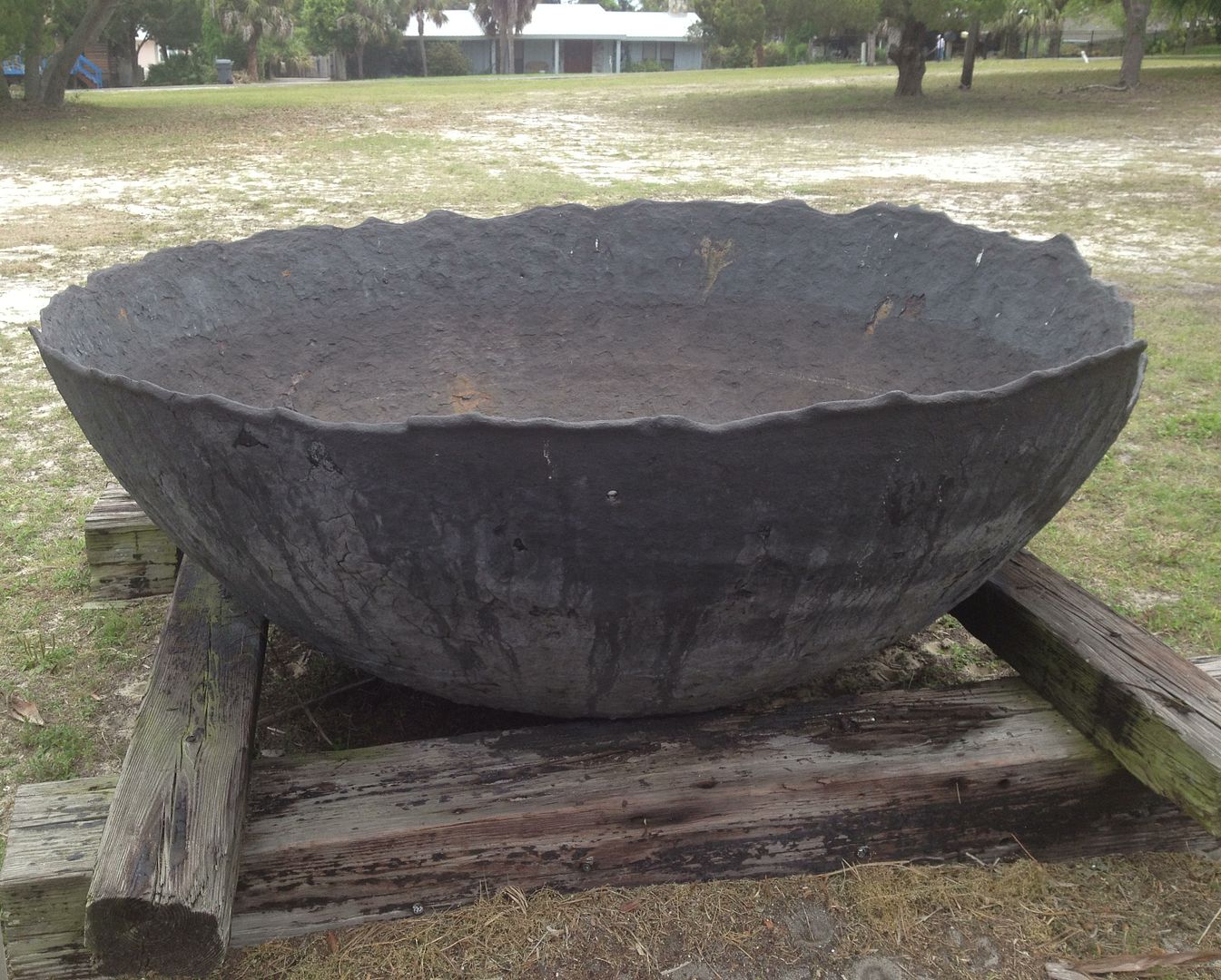

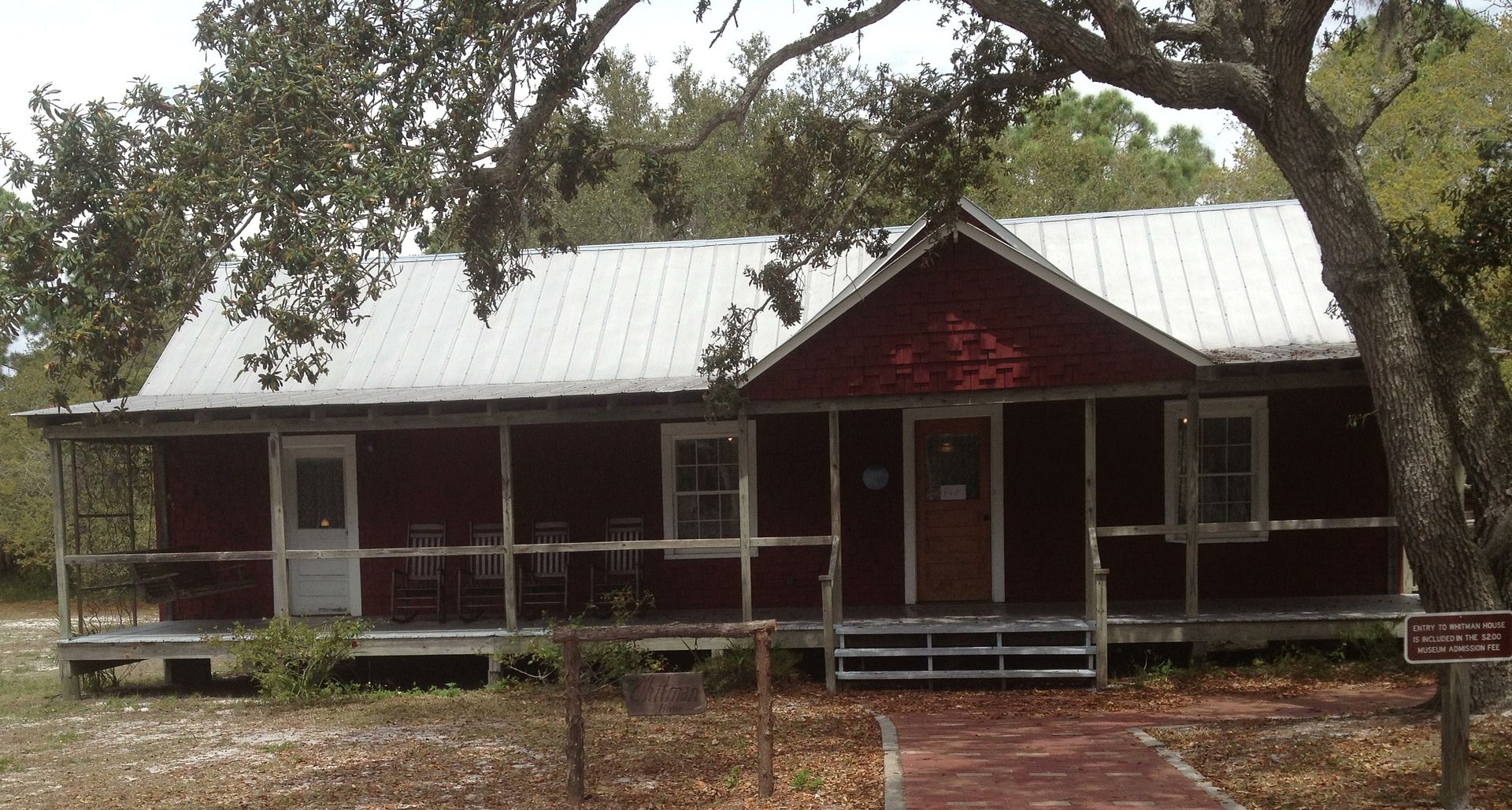
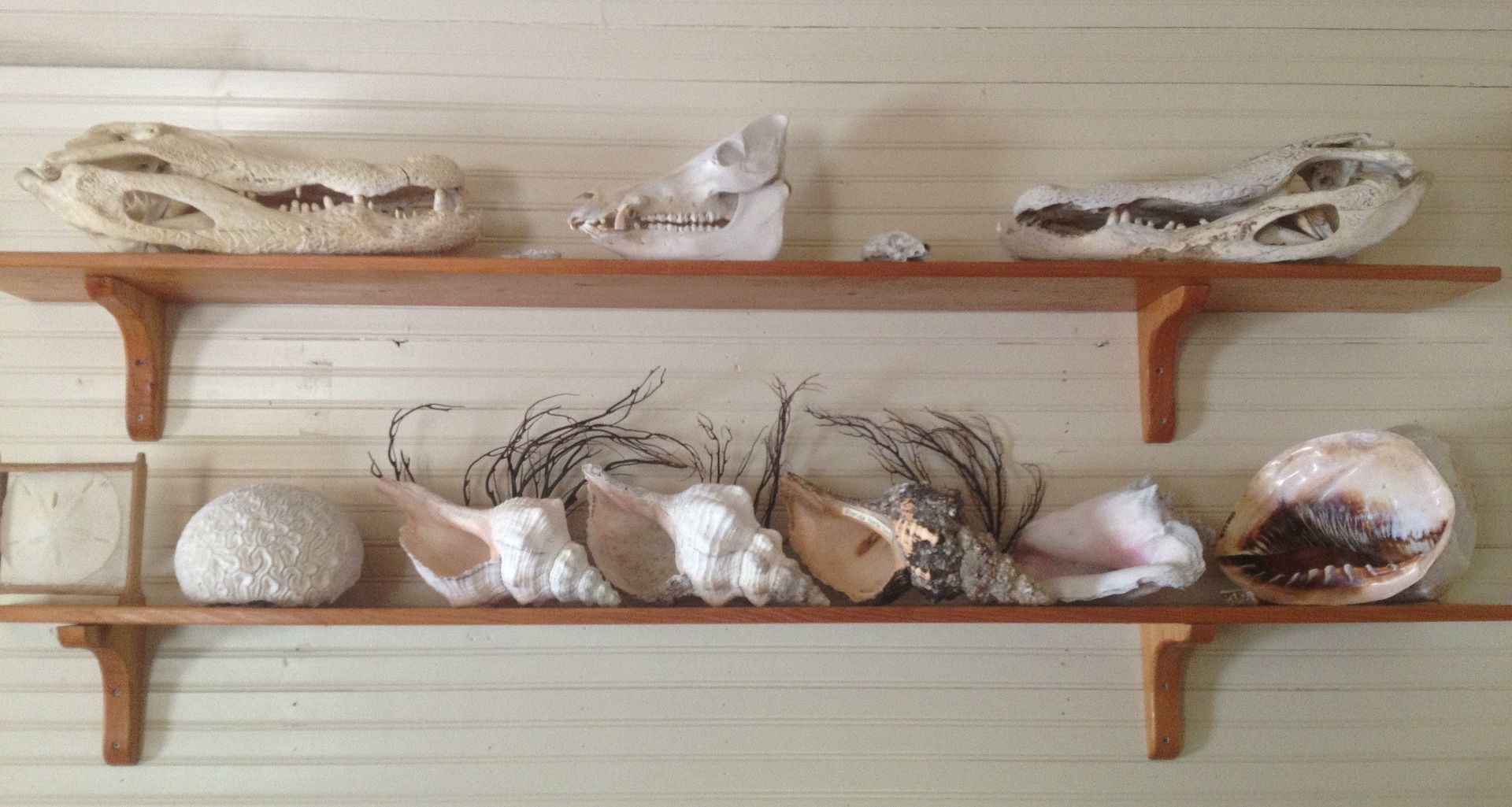
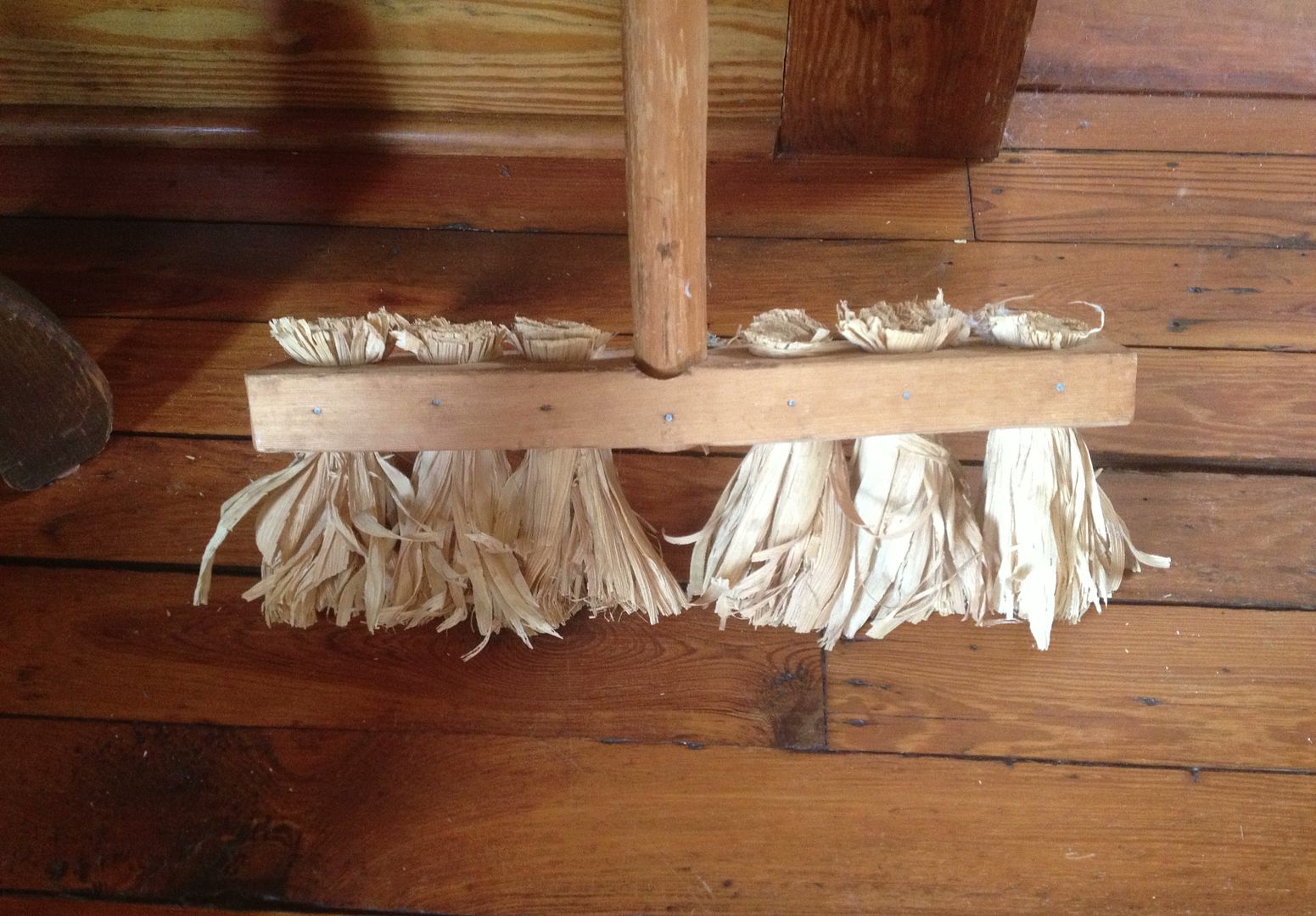
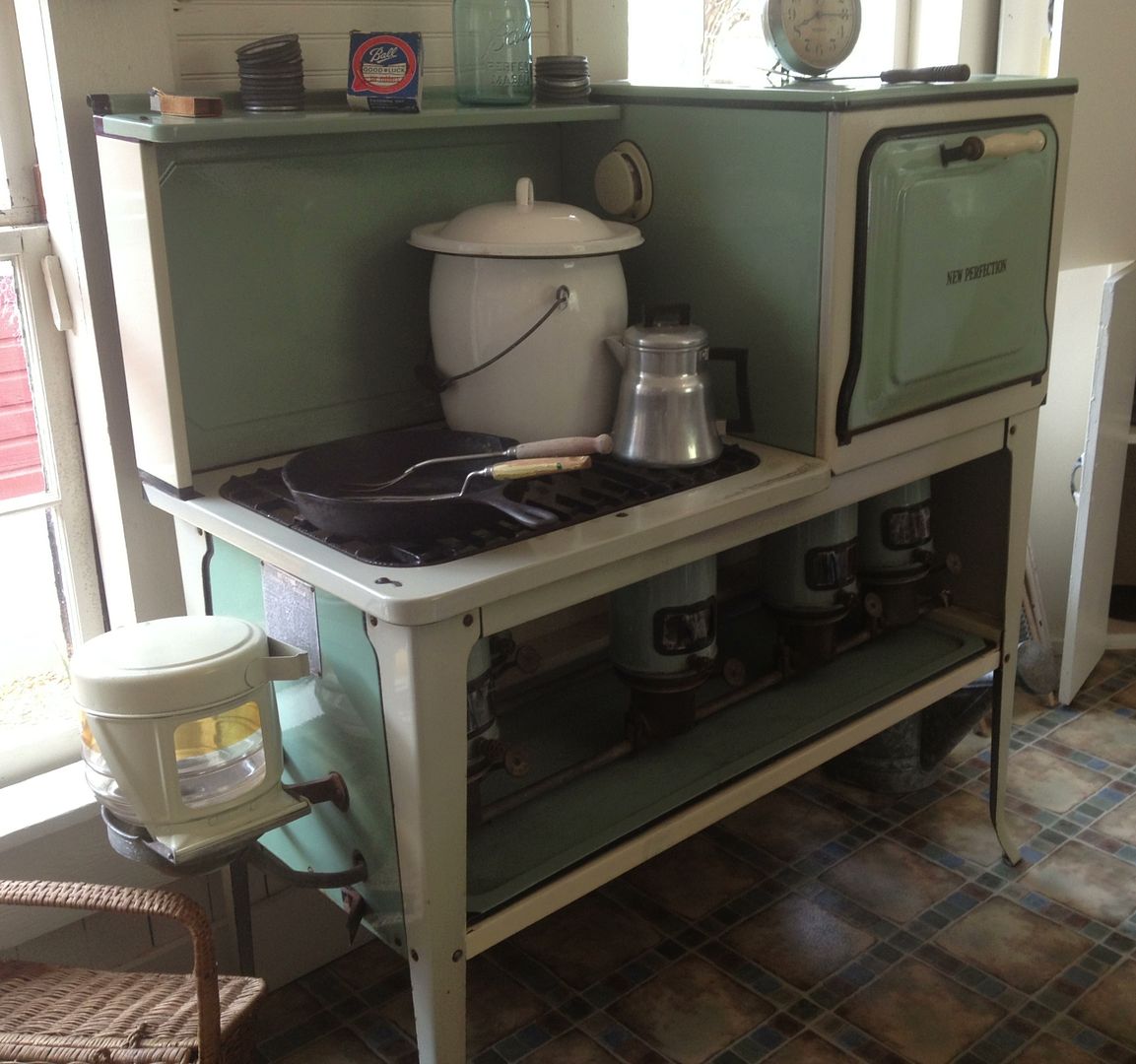
No comments:
Post a Comment